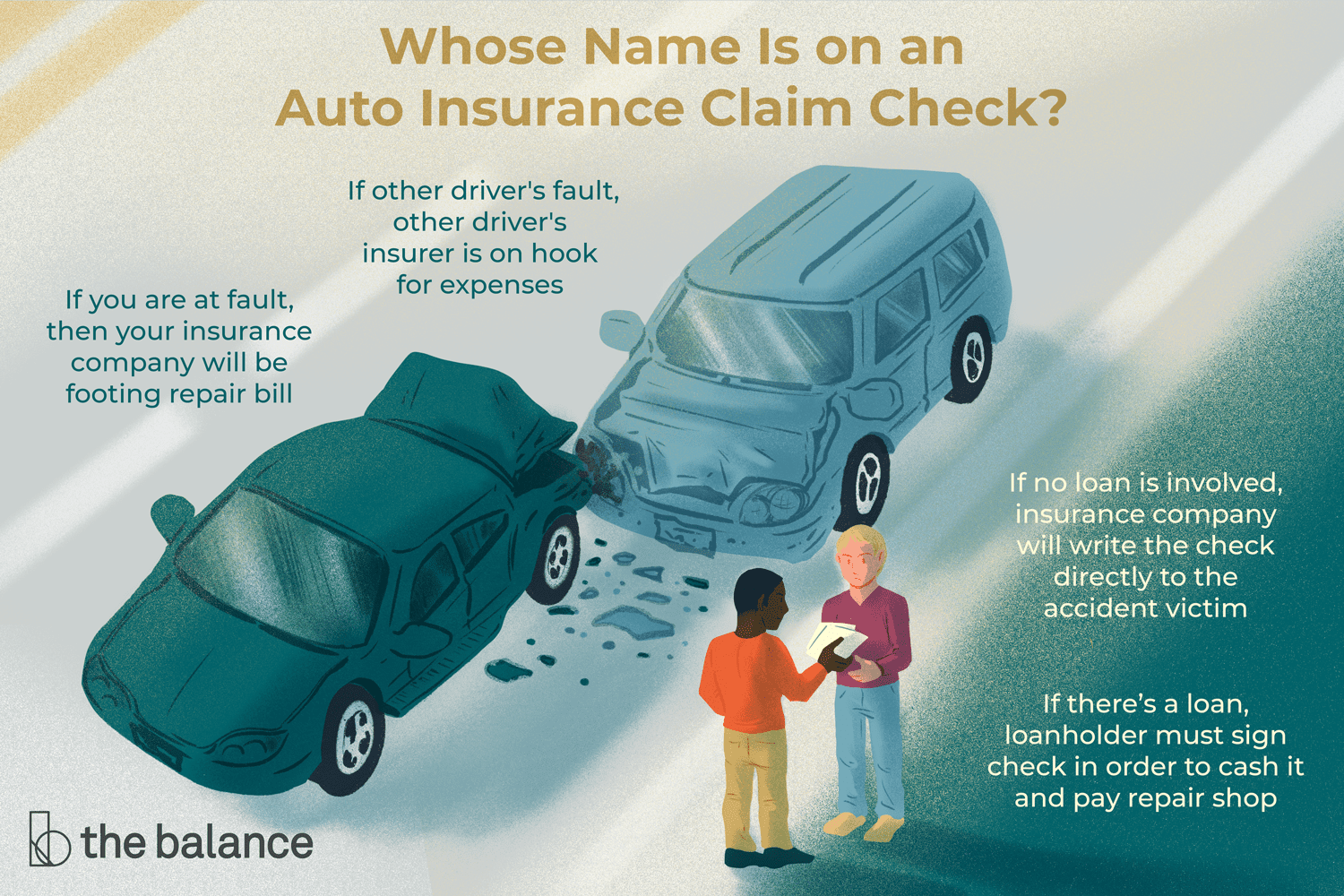Like my blog? Sign-Up for a FREE newsletter! OR Give a ‘Like’ to my FaceBook Page
Your insurance company has a multitude of different methods in determining how much they will pay out to you for a loss. As far as the most favorable option, you’d likely want a replacement cost policy. With this type of policy, you are reimbursed for the cost of replacing the property. This way, if something like a computer gets stolen, you will be given the full amount to purchase a brand new computer.
The opposite of replacement cost policy is cash value, which is also known as market value. This type of policy is the standard that most insurance companies like to utilize when reimbursing you for a loss. In a cash value policy, the insurance company will pay you for the replacement cost minus any depreciation value. To determine this depreciation value, an insurance company will assess the objects age and condition. The insurance provider may even ask for a picture of the lost object if the owner has one. In the case of a stolen computer, the insurance company would deduct from the replacement cost any additional wear and damage that the computer may have acquired before being stolen.
What is “Cash Value”? “Cash value” isn’t an easily defined term within the insurance world. Certain courts may recognize this term as being “fair market value.” This would mean how much a buyer would normally pay a seller on average terms. Courts today seem to go against the insurance company’s standard definition, which takes into account depreciation. Many courts still argue whether or not depreciation should actually include a loss of usefulness, such as an outdated cellphone.
What is “Replacement Cost”?
Most policies differ in terms of what they will technically consider to be a “replacement cost.” For the most part, this is simply known as the cost needed to replace the property with another piece of property that is of equal use and of the same material and quality. This rule will be applied unless the cost to replace the piece of property is less than the insurance limit. Since each policy is different, be sure to look at your insurance provider’s policy to understand exactly how they define “replacement cost.”
Valuation Using Other Types
Keep in mind that the two types of coverage policies listed above aren’t the only ones that insurance companies will utilize when assessing for a loss of property. Many other types of property may be looked at using a special valuation basis outside of both replacement cost and cash value. The applicable valuation basis should match the value of the property reported.
Along with this, always remember that the “book” value of a piece of property isn’t utilized at all with either of the valuation methods listed above. You would receive a horrible settlement if insurance companies looked at the depreciation rate reflected in “book” value. Also, the “book” value may only reflect items that are “capitalized”, which is another reason why using this value becomes problematic.
Determining the Best for You All in all, each type of coverage has its pros and cons. It is up to you to decide which policy fits your needs!
Alexander Jordan is a financial blogger and also works for a digital marketing firm.

